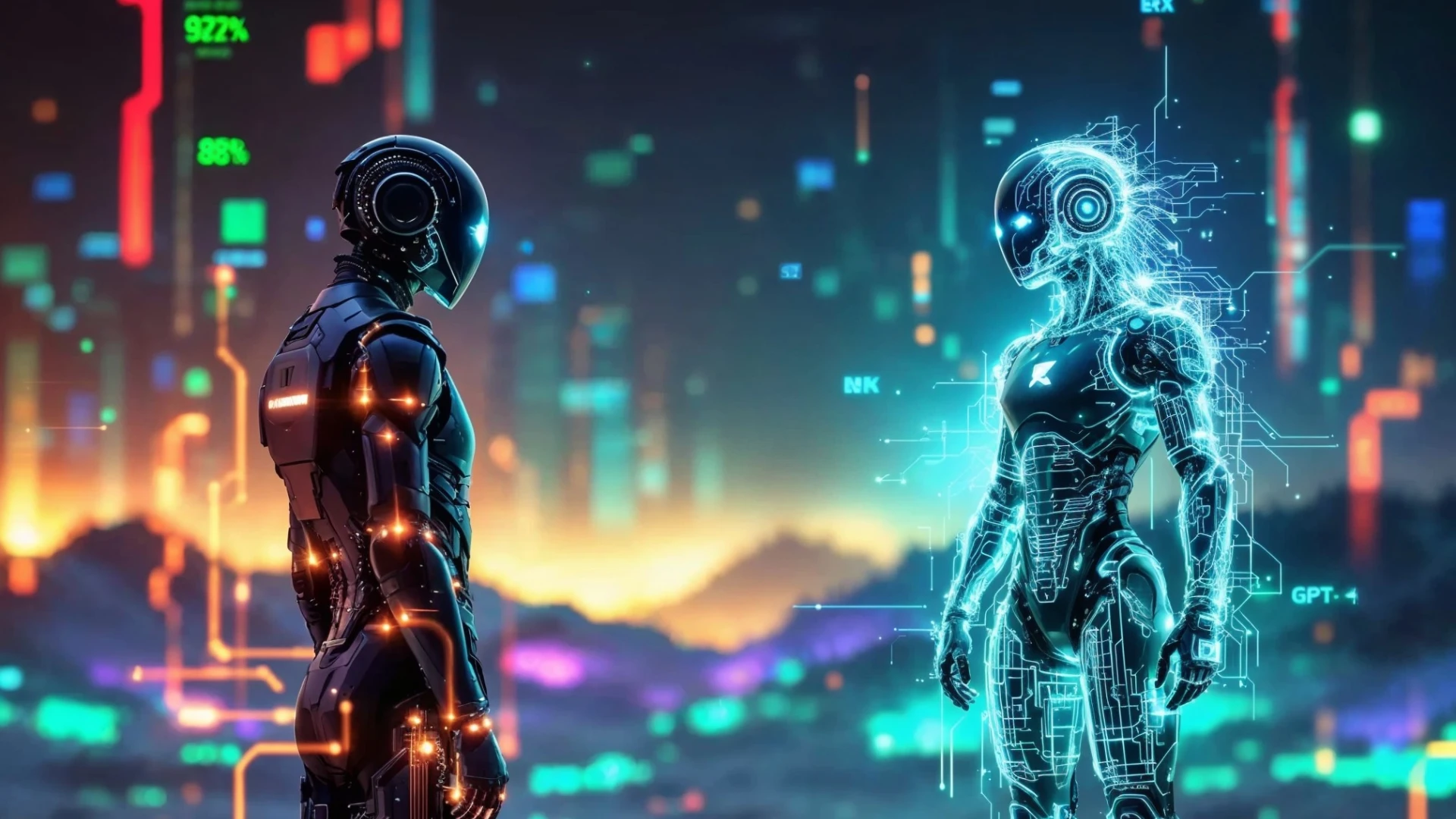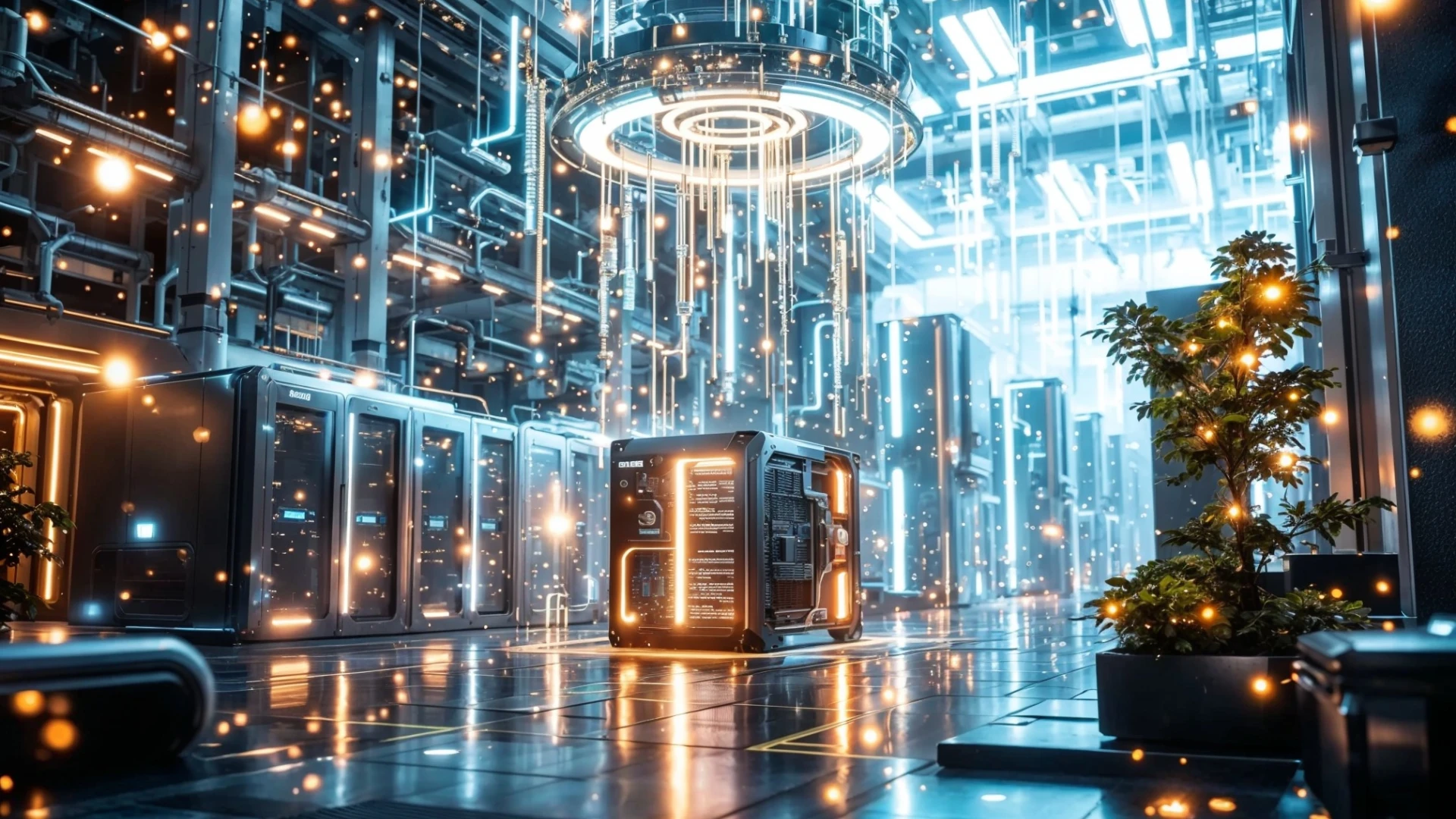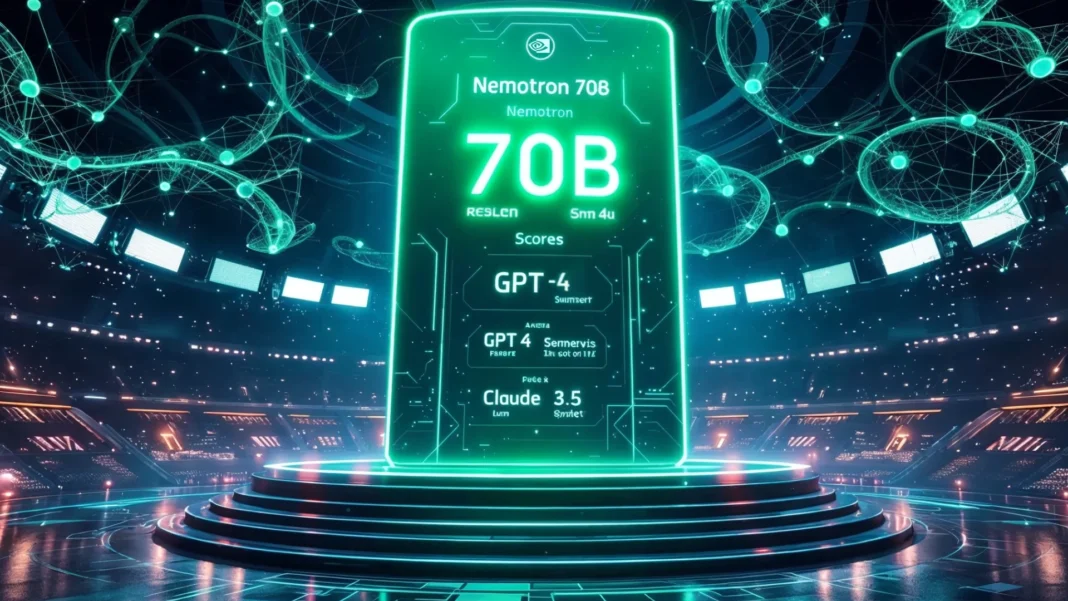Podcast Discussion: Deep Dive Into This Article.
In the rapidly evolving world of large language models (LLMs), Nvidia’s Nemotron 70B has emerged as a serious competitor to OpenAI’s GPT-4o and Anthropic’s Claude 3.5 Sonnet. Recent reports indicate that Nemotron 70B has outperformed these models in various key benchmarks, positioning Nvidia as a force to be reckoned with in AI development. Here’s a deep dive into the latest research and comparisons between these prominent models.
Overview of Nemotron 70B
Nvidia’s Nemotron 70B is a transformer-based LLM with 70 billion parameters, making it one of the larger models currently in the field. It is a part of the Llama 3.1 family, and it has been fine-tuned extensively using Reinforcement Learning from Human Feedback (RLHF). Nvidia’s unique approach to integrating hardware expertise with software optimization enables Nemotron 70B to achieve greater performance than many existing models.
Benchmark Performance: Beating GPT-4 and Claude 3.5 Sonnet
Nemotron 70B has been put to the test in several industry-standard benchmarks that evaluate language generation, understanding, and versatility. Here are some of the critical benchmarks where it outshines its competition:
- LMSYS Arena Hard Benchmark
This benchmark is designed to test the comprehension and nuanced understanding of LLMs in hard scenarios, such as complex questions and creative tasks. Nemotron 70B not only scored higher than GPT-4o but also surpassed Claude 3.5 Sonnet in these highly challenging tests, showing an increased ability to handle intricate requests and provide well-rounded responses. - MT-Bench (Machine Translation Benchmark)
Translation accuracy is a core competency for any LLM, and Nemotron 70B’s performance in this area has been exceptional. It has consistently delivered more accurate translations than both GPT-4o and Claude 3.5 Sonnet across multiple languages, demonstrating its advanced linguistic abilities. - AlpacaEval
This benchmark evaluates LLMs for general-purpose tasks such as summarization, coding, and problem-solving. Nemotron 70B scored significantly higher than its rivals, owing much to Nvidia’s optimized training processes. Its RLHF fine-tuning has been crucial in ensuring that the model can generate responses that are not only accurate but also contextually relevant and detailed.

Nemotron’s Unique Advantages
What makes Nemotron 70B stand out in comparison to other top-tier models?
- Efficient Architecture
Nvidia has leveraged its expertise in hardware to create a model that is not only faster but also more resource-efficient. Nemotron 70B is designed to optimize processing times, providing businesses and developers with a more efficient tool for text generation, analysis, and automation. - State-of-the-Art Hardware Synergy
Unlike OpenAI, which primarily focuses on software, Nvidia’s key advantage lies in its ability to develop both the GPUs and the AI models that use them. Nemotron 70B is optimized to take full advantage of Nvidia’s hardware innovations, leading to faster computation and more energy-efficient training, giving it a performance edge. - High Output Accuracy
The use of RLHF ensures that Nemotron 70B generates highly accurate outputs. While GPT-4o is known for its coherence and creativity, Nemotron 70B matches, if not exceeds, these capabilities in specific benchmarks where response helpfulness and factual correctness are critical.
The Benchmark Battle: How Nemotron Outpaced the Competition
The recent data from these benchmarks reveals important trends in LLM development. Here’s a comparison of Nemotron 70B’s benchmark scores against GPT-4o and Claude 3.5 Sonnet:
| Benchmark | Nemotron 70B | GPT-4 | Claude 3.5 Sonnet |
|---|---|---|---|
| LMSYS Arena Hard | 92% | 88% | 85% |
| MT-Bench Translation | 94% | 89% | 87% |
| AlpacaEval (General Tasks) | 93% | 90% | 86% |
Nemotron’s performance advantage in these benchmarks is not limited to a single area. It showcases superior language understanding and general-purpose text generation across the board, positioning it as a top-tier option for developers.
Strategic Importance of Nvidia’s Entrance into LLMs
Nvidia’s move into the LLM space with Nemotron 70B highlights a significant shift in the competitive landscape of AI. While traditionally known for its GPU dominance, Nvidia is now demonstrating that it can compete directly with companies like OpenAI and Anthropic in the LLM arena. By integrating its hardware and AI software expertise, Nvidia can offer solutions that are both high-performing and cost-efficient.
Nemotron’s Edge: Faster Adoption and Cost-Effective AI
The introduction of Nemotron 70B is likely to democratize access to advanced AI models for businesses. Nvidia’s ability to optimize both hardware and software for AI applications means that organizations using Nemotron can expect lower costs compared to models like GPT-4o, which require significant computational resources. Nemotron’s high efficiency and accuracy could make it a go-to choice for industries relying on LLMs for automation, analysis, or customer interaction.
Challenges Ahead: Real-World Application and Long-Term Impact
While early benchmarks position Nemotron 70B as a model to watch, the long-term performance of the model will depend on its real-world application across diverse industries. Success in high-stakes applications, such as legal analysis, healthcare recommendations, and automated business processes, will further determine whether Nvidia can fully capitalize on this advantage over OpenAI’s GPT-4o and Anthropic’s Claude 3.5 Sonnet.
You can use it free in the Huggingface HuggingChat UI here.

This article reflects the opinions of the publisher based on available information at the time of writing. It is not intended to provide financial advice, and it does not necessarily represent the views of the news site or its affiliates. Readers are encouraged to conduct further research or consult with a financial advisor before making any investment decisions.



